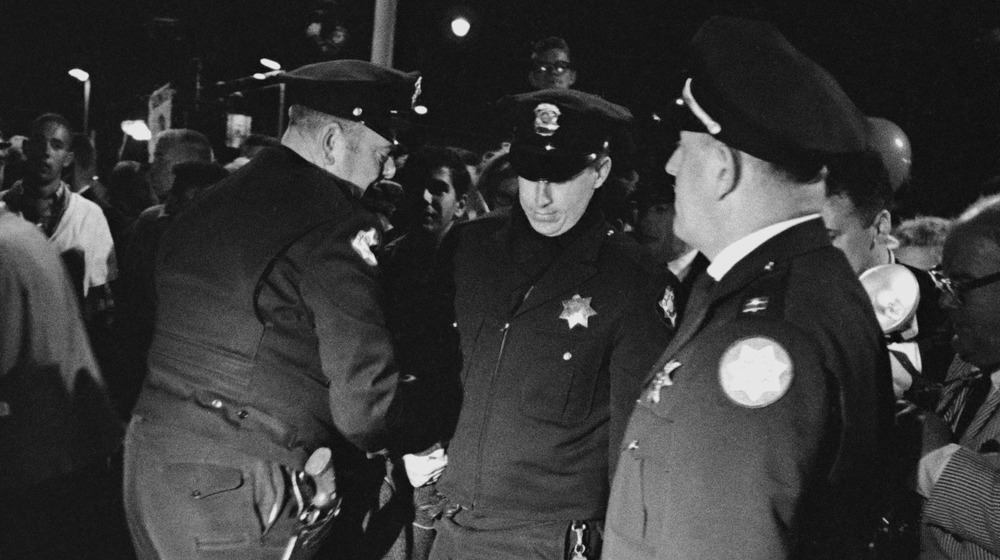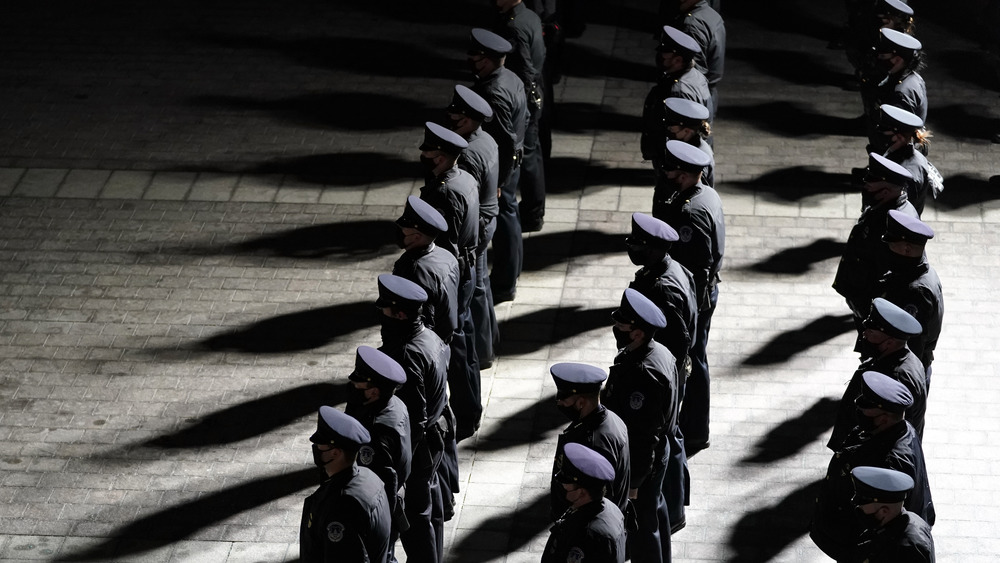Here's How People Stopped Crime Before Modern Police Forces
The police have been an essential part of society, helping protect and serve citizens, for what seems like forever. However, according to Dr. Gary Potter, a crime historian at Eastern Kentucky University, the concept of the police has only been around since the 1600s.
In the early colonies, a form of policing developed called the "Watch." People from each community would volunteer to patrol the streets at night in order to warn others of danger, which, as it turns out, wasn't effective. These watchmen consisted of many people who were forced to join by their towns, sometimes as a form of punishment, or they joined to escape fulfilling their military duties. The first volunteers of the watch began service in Boston in 1636, followed by New York in 1658, and Philadelphia in 1700.
Eventually, constables were created to supervise the night watch, as well as help citizens in other ways. These roles were not easy to fill, because many early policeman "didn't want to wear badges because these guys had bad reputations to begin with, and they didn't want to be identified as people that other people didn't like," Dr. Potter told Time. When certain people were forced to serve, "if you were rich enough, you paid someone to do it for you — ironically, a criminal or a community thug." By 1838, the first-ever organized police force was created in Boston. Officers were publicly funded and served full-time positions, protecting property and goods being transported from Boston's busy ports.
From the watch to the police of today
While the police were being used as a service to safeguard and keep watch for citizens in the North, in the South, their duties were vastly different — and cruel. Many police were used to stop slave revolts and went after runaway slaves. According to Time, Dr. Potter says that after the Civil War, during Reconstruction, the police "enforced segregation and the disenfranchisement of freed slaves." Along with enforcing such tactics on freed slaves, the police were also set up to control and prevent clashes between new immigrants from countries like Germany and Ireland who were targeted by early settlers from England.
Over time, the purpose of the police developed and shifted, influenced by businessmen and politicians. During Prohibition, President Herbert Hoover created the Wickersham commission in 1929 to investigate police departments across the nation. The police had been used to intimidate political opponents of certain parties and were even bribed to allow crime to flourish in many areas.
Today, the police have many essential roles, and law enforcement has expanded to include many different agencies. While things are still far from perfect, throughout the 20th and 21st centuries, there have been more efforts to help create policies, professionalize the police, and ease tensions within communities.

